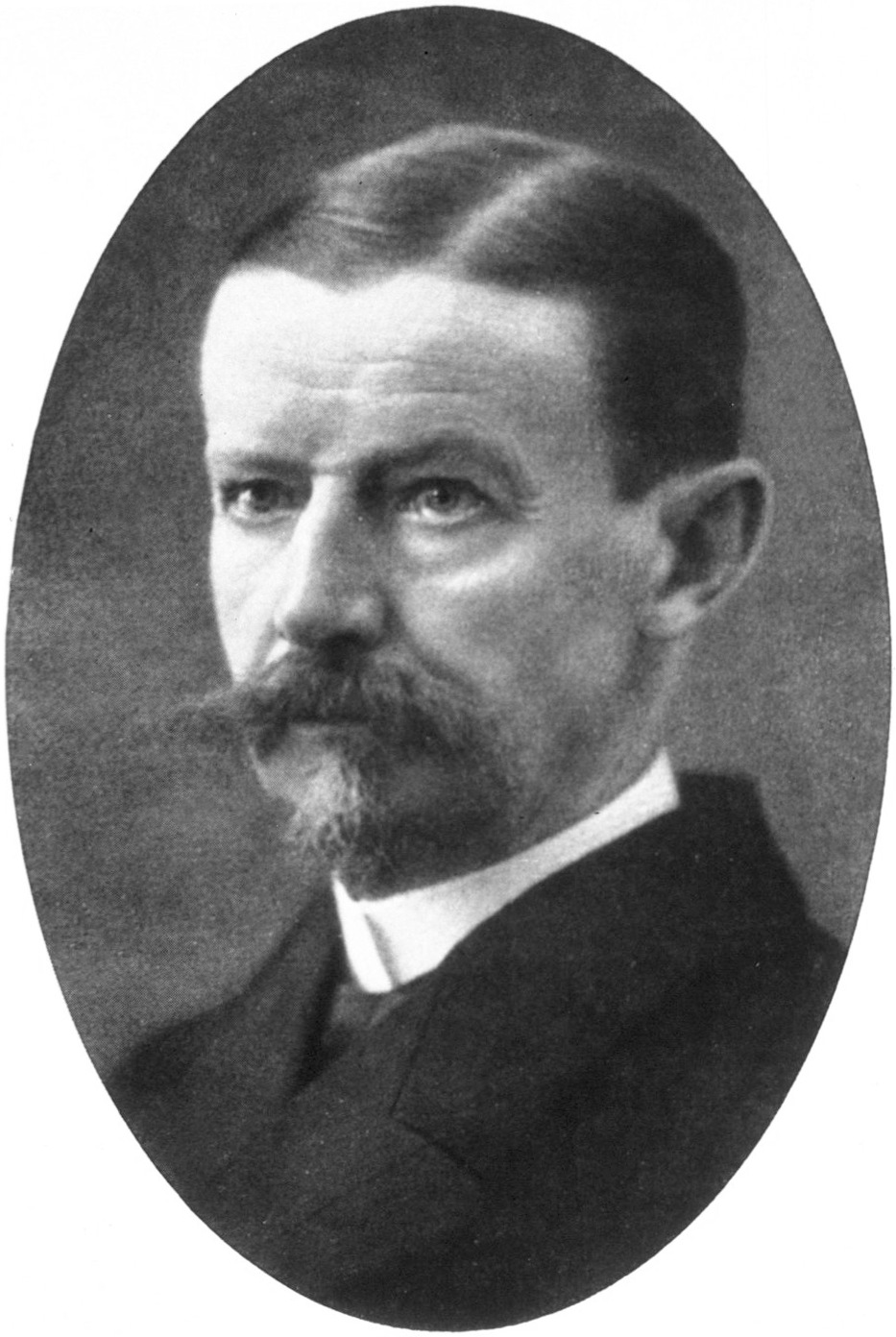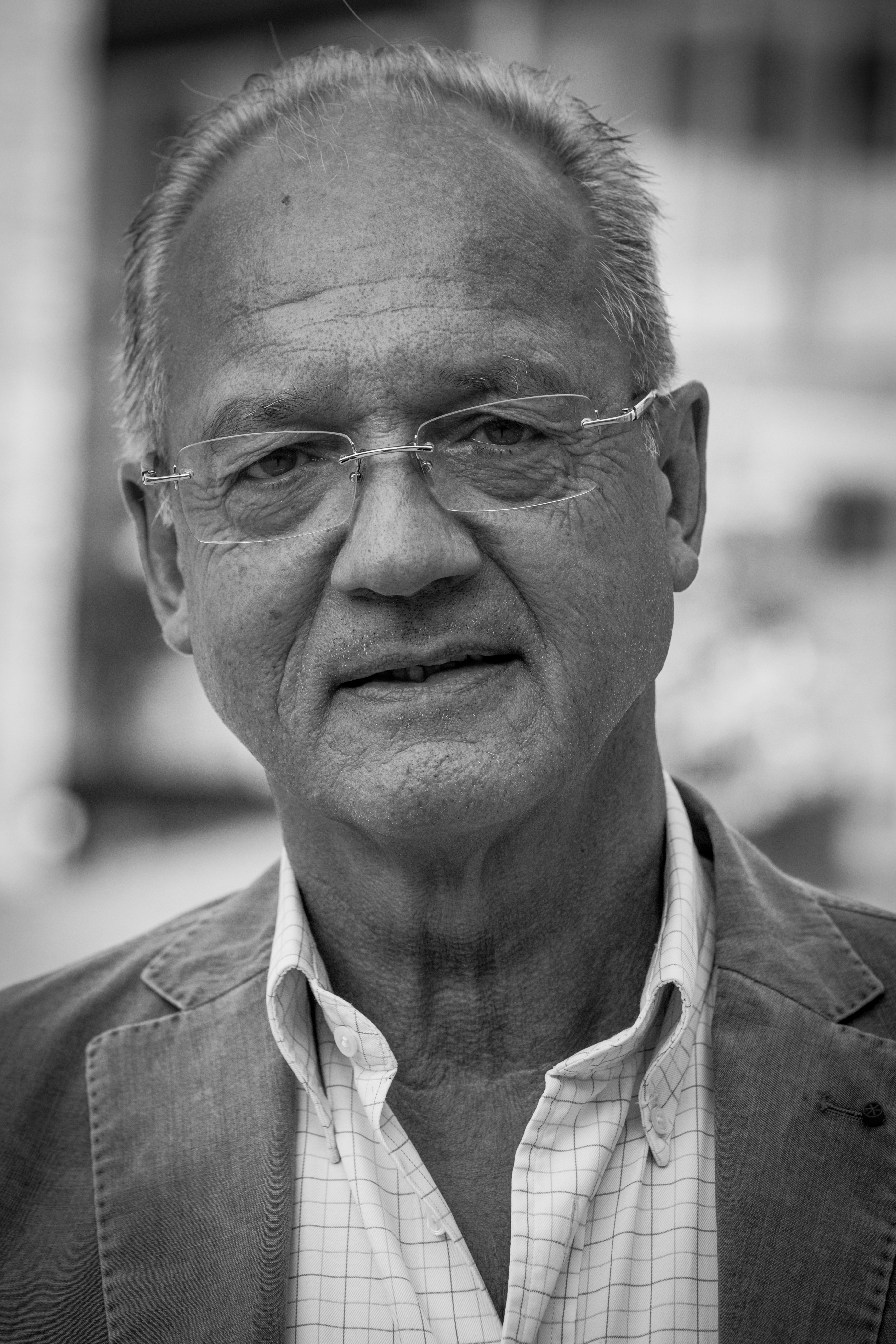|
Hôpital Civil, Strasbourg
The Hôpital civil de Strasbourg is one of the oldest medical establishments in France. Today it is a major component of the University Hospitals of Strasbourg, a teaching hospital that is the biggest employer in Alsace, with over 11,000 employees, ranking fourth in France in terms of quality. History The first hospital According to the 1143 charter of Bishop , preserved in the municipal archives of the city of Strasbourg, the hospital was founded in the year 1119, although another source refers to a hospital in 1105. The first building was located close to the cathedral, in the street that now bears its name (rue du vieil hôpital). A religious brotherhood, probably Augustinian, took care of the sick and destitute. Being a religious establishment, with a mission to care for the needy, the hospital turned nobody away. The Great Interregnum of the Holy Roman Empire, from 1254 to 1273, was a period of great instability in Alsace. The hospital gave asylum to a large influx o ... [...More Info...] [...Related Items...] OR: [Wikipedia] [Google] [Baidu] |
Strasbourg
Strasbourg (, , ; german: Straßburg ; gsw, label=Bas Rhin Alsatian, Strossburi , gsw, label=Haut Rhin Alsatian, Strossburig ) is the prefecture and largest city of the Grand Est region of eastern France and the official seat of the European Parliament. Located at the border with Germany in the historic region of Alsace, it is the prefecture of the Bas-Rhin department. In 2019, the city proper had 287,228 inhabitants and both the Eurométropole de Strasbourg (Greater Strasbourg) and the Arrondissement of Strasbourg had 505,272 inhabitants. Strasbourg's metropolitan area had a population of 846,450 in 2018, making it the eighth-largest metro area in France and home to 14% of the Grand Est region's inhabitants. The transnational Eurodistrict Strasbourg-Ortenau had a population of 958,421 inhabitants. Strasbourg is one of the ''de facto'' four main capitals of the European Union (alongside Brussels, Luxembourg and Frankfurt), as it is the seat of several European insti ... [...More Info...] [...Related Items...] OR: [Wikipedia] [Google] [Baidu] |
Otto Wilhelm Madelung
Otto Wilhelm Madelung (May 15, 1846 – July 22, 1926) was a German surgeon who was a native of Gotha Gotha () is the fifth-largest city in Thuringia, Germany, west of Erfurt and east of Eisenach with a population of 44,000. The city is the capital of the district of Gotha and was also a residence of the Ernestine Wettins from 1640 until the .... His son, physicist Erwin Madelung (1881–1972), discovered the Madelung constant. Academic career Madelung was born in Gotha. In 1869 he received his medical doctorate from the University of Tübingen, afterwards being assigned to a military hospital during the Franco-Prussian War. He later served as a surgical assistant in Bonn, and in 1873–74 worked as an assistant at the pathology, pathological clinic of Eduard von Rindfleisch, Georg Eduard von Rindfleisch (1836–1908). In 1874 he visited Great Britain and the United States. In 1881 he became an assistant professor of surgery at the University of Bonn, followed by profe ... [...More Info...] [...Related Items...] OR: [Wikipedia] [Google] [Baidu] |
Hospital Buildings Completed In 2008
A hospital is a health care institution providing patient treatment with specialized health science and auxiliary healthcare staff and medical equipment. The best-known type of hospital is the general hospital, which typically has an emergency department to treat urgent health problems ranging from fire and accident victims to a sudden illness. A district hospital typically is the major health care facility in its region, with many beds for intensive care and additional beds for patients who need long-term care. Specialized hospitals include trauma centers, rehabilitation hospitals, children's hospitals, seniors' (geriatric) hospitals, and hospitals for dealing with specific medical needs such as psychiatric treatment (see psychiatric hospital) and certain disease categories. Specialized hospitals can help reduce health care costs compared to general hospitals. Hospitals are classified as general, specialty, or government depending on the sources of income received. A teachi ... [...More Info...] [...Related Items...] OR: [Wikipedia] [Google] [Baidu] |
Teaching Hospitals In France
Teaching is the practice implemented by a ''teacher'' aimed at transmitting skills (knowledge, know-how, and interpersonal skills) to a learner, a student, or any other audience in the context of an educational institution. Teaching is closely related to ''learning'', the student's activity of appropriating this knowledge. Teaching is part of the broader concept of ''education Education is a purposeful activity directed at achieving certain aims, such as transmitting knowledge or fostering skills and character traits. These aims may include the development of understanding, rationality, kindness, and honesty. Va ...''.Naïl Ver, Adeline Paul and Farid Malki, ''Professeur des écoles : droits, responsabilités, carrière'', Retz Éditions, 2014, 223 p. Methods Profession Training References {{Authority control ... [...More Info...] [...Related Items...] OR: [Wikipedia] [Google] [Baidu] |
Hospital Buildings Completed In The 18th Century
A hospital is a health care institution providing patient treatment with specialized health science and auxiliary healthcare staff and medical equipment. The best-known type of hospital is the general hospital, which typically has an emergency department to treat urgent health problems ranging from fire and accident victims to a sudden illness. A district hospital typically is the major health care facility in its region, with many beds for intensive care and additional beds for patients who need long-term care. Specialized hospitals include trauma centers, rehabilitation hospitals, children's hospitals, seniors' (geriatric) hospitals, and hospitals for dealing with specific medical needs such as psychiatric treatment (see psychiatric hospital) and certain disease categories. Specialized hospitals can help reduce health care costs compared to general hospitals. Hospitals are classified as general, specialty, or government depending on the sources of income received. A teaching ... [...More Info...] [...Related Items...] OR: [Wikipedia] [Google] [Baidu] |
Infrastructure Completed In 1725
Infrastructure is the set of facilities and systems that serve a country, city, or other area, and encompasses the services and facilities necessary for its economy, households and firms to function. Infrastructure is composed of public and private physical structures such as roads, railways, bridges, tunnels, water supply, sewers, electrical grids, and telecommunications (including Internet connectivity and broadband access). In general, infrastructure has been defined as "the physical components of interrelated systems providing commodities and services essential to enable, sustain, or enhance societal living conditions" and maintain the surrounding environment. Especially in light of the massive societal transformations needed to mitigate and adapt to climate change, contemporary infrastructure conversations frequently focus on sustainable development and green infrastructure. Acknowledging this importance, the international community has created policy focused on sustainab ... [...More Info...] [...Related Items...] OR: [Wikipedia] [Google] [Baidu] |
Jacques Marescaux
Jacques Marescaux (born August 8, 1948) is a French doctor. He is Chairman of the digestive and endocrine surgery at the University Hospital A university hospital is an institution which combines the services of a hospital with the education of medical students and with medical research. These hospitals are typically affiliated with a medical school or university. The following i ..., Strasbourg. Biography * 1948: Born in Clermont * 1971: Major in the contest for the Internat * 1977: Doctor in surgery * 1980: He obtained a chair professor at the Universities digestive surgery. He was only 33 years old. * 1989 - 1992: Director of special education Visceral surgery at the Medical School of Strasbourg. * 1989 - 1992: Vice President of the regional council of the Inserm. * Since 1989: Head of digestive and endocrine surgery University Hospitals of Strasbourg. * Since 1994: Founding Director of the IRCAD and the EITS * On September 7, 2001, he made New York a world first in ... [...More Info...] [...Related Items...] OR: [Wikipedia] [Google] [Baidu] |
Otto Fritz Meyerhof
Otto Fritz Meyerhof (; April 12, 1884 – October 6, 1951) was a German physician and biochemist who won the 1922 Nobel Prize in Physiology and Medicine. Biography Otto Fritz Meyerhof was born in Hannover, at Theaterplatz 16A (now:Rathenaustrasse 16A), the son of wealthy Jewish parents. In 1888, his family moved to Berlin, where Otto spent most of his childhood, and where he started his study of medicine. He continued these studies in Strasbourg and Heidelberg, from which he graduated in 1909, with a work titled "Contributions to the Psychological Theory of Mental Illness". In Heidelberg, he met Hedwig Schallenberg. They married in 1914 and became parents of a daughter, Bettina, and two sons, Gottfried (who referred, after emigration, to himself as Geoffrey) as well as Walter. In 1912, Otto Meyerhof moved to the University of Kiel, where he received a professorship in 1918. In 1922, he was awarded the Nobel Prize in Medicine, with Archibald Vivian Hill, for his work on muscle me ... [...More Info...] [...Related Items...] OR: [Wikipedia] [Google] [Baidu] |
René Leriche
Henri Marie René Leriche (12 October 1879 – 28 December 1955) was a French vascular surgeon and physiologist. He was a specialist in pain, vascular surgery and the sympathetic trunk. He sensitized many who were mutilated in the first World war, he was the first to be interested in pain and to practice gentle surgery with as little trauma as possible. Two symptoms have the name Algoneurodystrophy and the aortic iliac obliteration. He has trained many students, such as Michael E. DeBakey, Jão Cid dos Santos, René Fontaine et Jean Kunlino. Biography He came from a family of Lyonian doctors, his father Ernest Leriche is confessed near the civil court of Roanne (after studying law in Paris) and his mother Anne Chamussy, married to Leriche, belong to the elite industrial region. Rene Leriche was the third child of seven siblings. He is the brother of Marc Leriche, a French sculptor. He attended at the school of Maristes. In 1893, he obtained a bachelor's degree in rheto ... [...More Info...] [...Related Items...] OR: [Wikipedia] [Google] [Baidu] |
Otto Loewi
Otto Loewi (; 3 June 1873 – 25 December 1961) was a German-born pharmacologist and psychobiologist who discovered the role of acetylcholine as an endogenous neurotransmitter. For his discovery he was awarded the Nobel Prize in Physiology or Medicine in 1936, which he shared with Sir Henry Dale, who was a lifelong friend that helped to inspire the neurotransmitter experiment. Loewi met Dale in 1902 when spending some months in Ernest Starling's laboratory at University College, London. Biography Loewi was born in Frankfurt, Germany on June 3, 1873 in a Jewish family. He went to study medicine at the University of Strasbourg, Germany (now part of France) in 1891, where he attended courses by famous professors Gustav Schwalbe, Oswald Schmiedeberg, and Bernhard Naunyn among others. He received his medical doctoral degree in 1896. He also was a member of the fraternity Burschenschaft Germania Strassburg. Subsequently, he worked with Martin Freund at Goethe University of Frankfur ... [...More Info...] [...Related Items...] OR: [Wikipedia] [Google] [Baidu] |
Oskar Minkowski
Oskar Minkowski (; 13 January 1858 – 18 July 1931) was a German physician and physiologist who held a professorship at the University of Breslau and is most famous for his research on diabetes. He was the brother of the mathematician Hermann Minkowski and father of astrophysicist Rudolph Minkowski. Life and career Born in Aleksotas, of Jewish origin,Minkowski biography History.mcs.st-andrews.ac.uk (1909-01-12). Retrieved on 2014-07-23. but later converted to Christianity. Minkowski was the son of Rachel (née Taubmann) and Lewin Boruch Minkowski (1825–1884), a first-guild merchant, who subsidized construction of the choral synagogue in Kovno. Discovery of the role of pancreas in diabetes |
.jpg)






